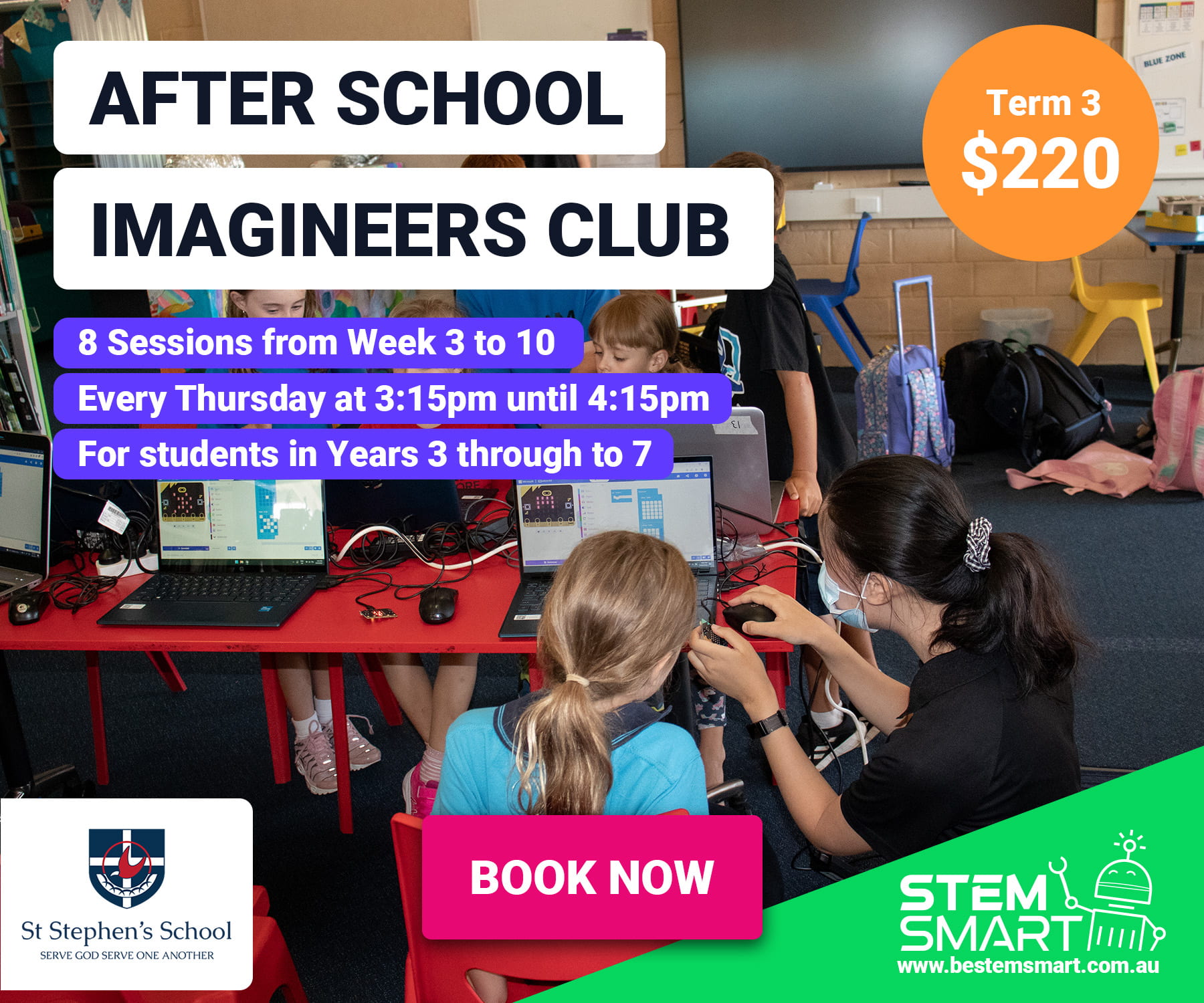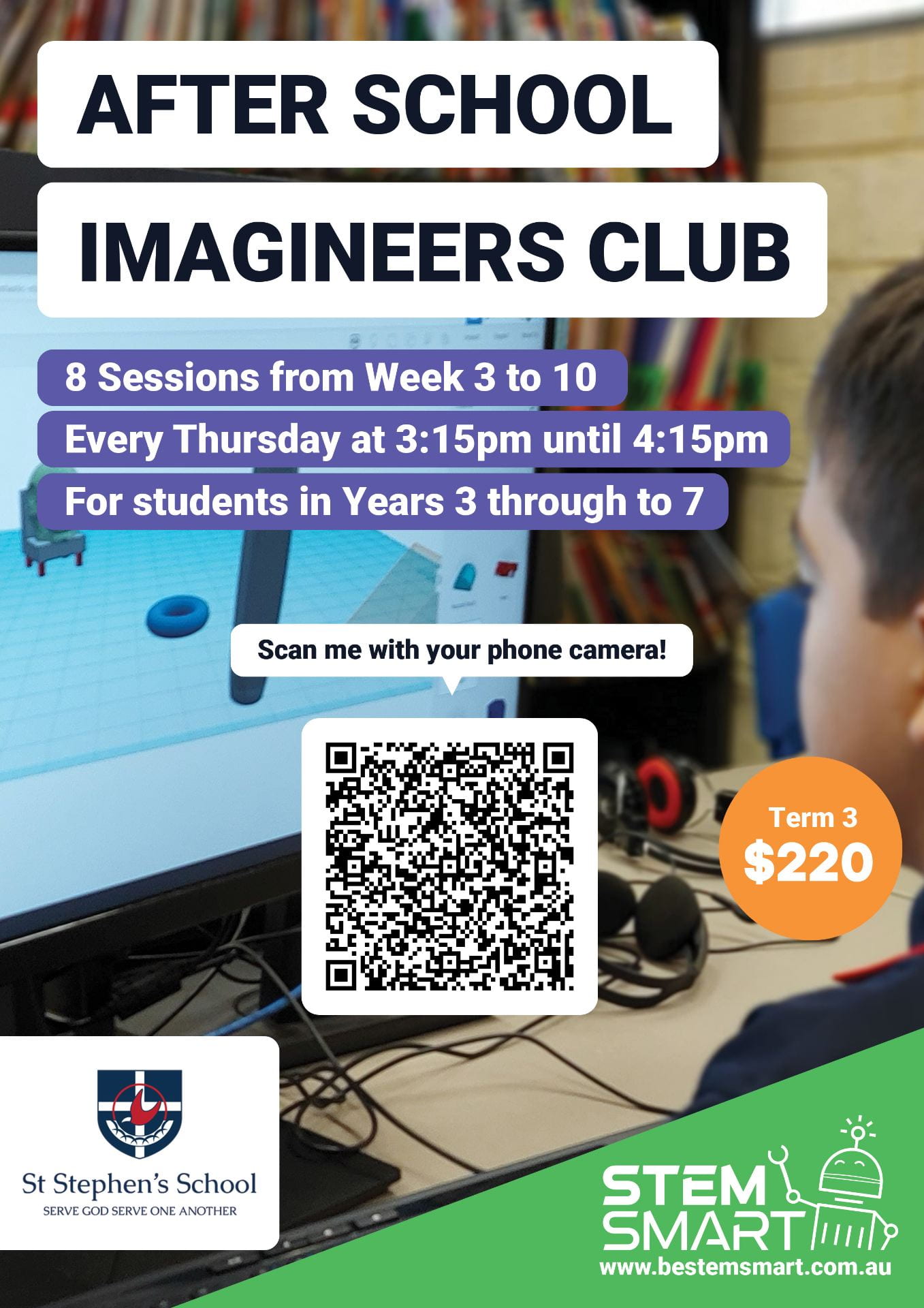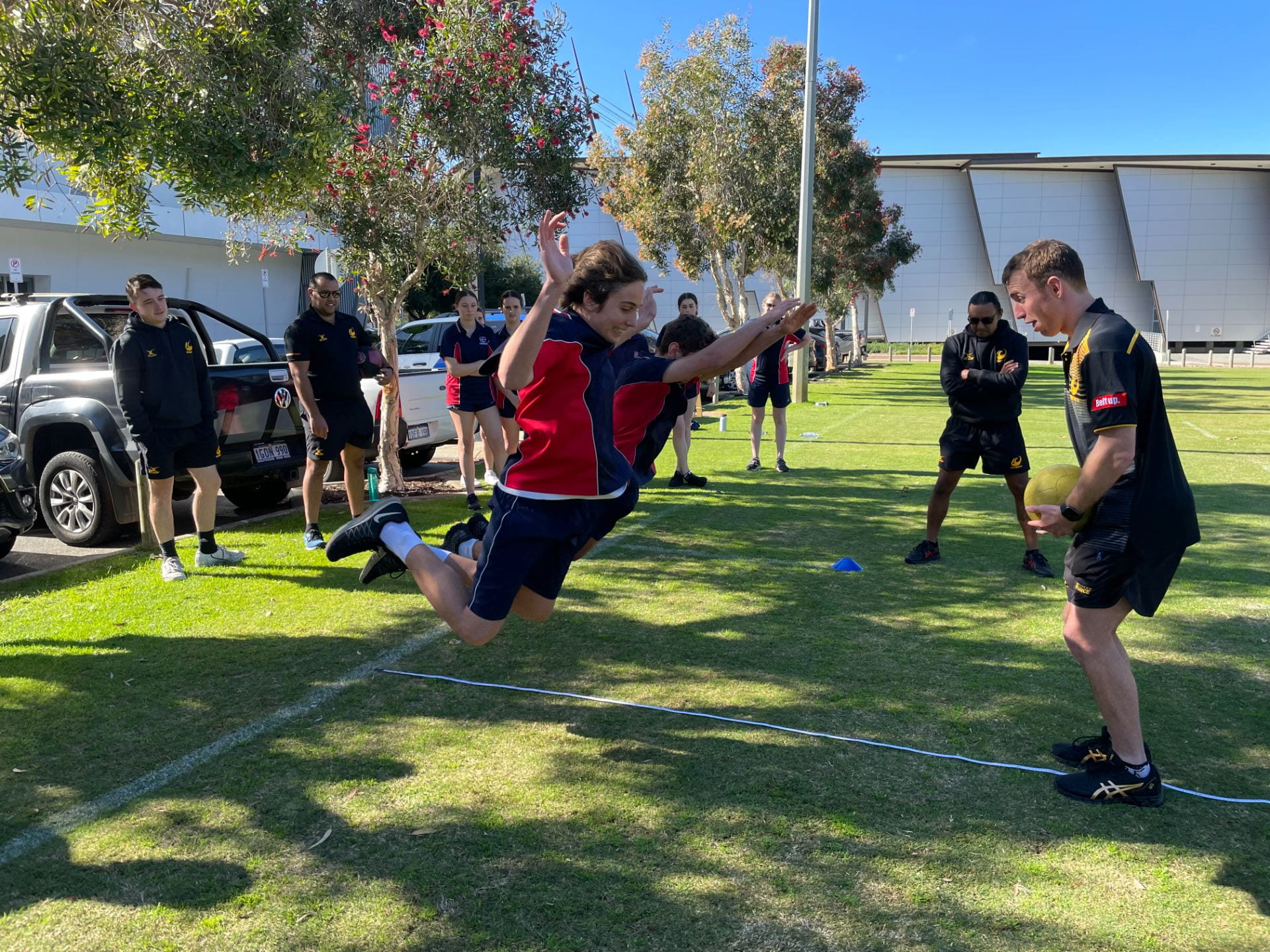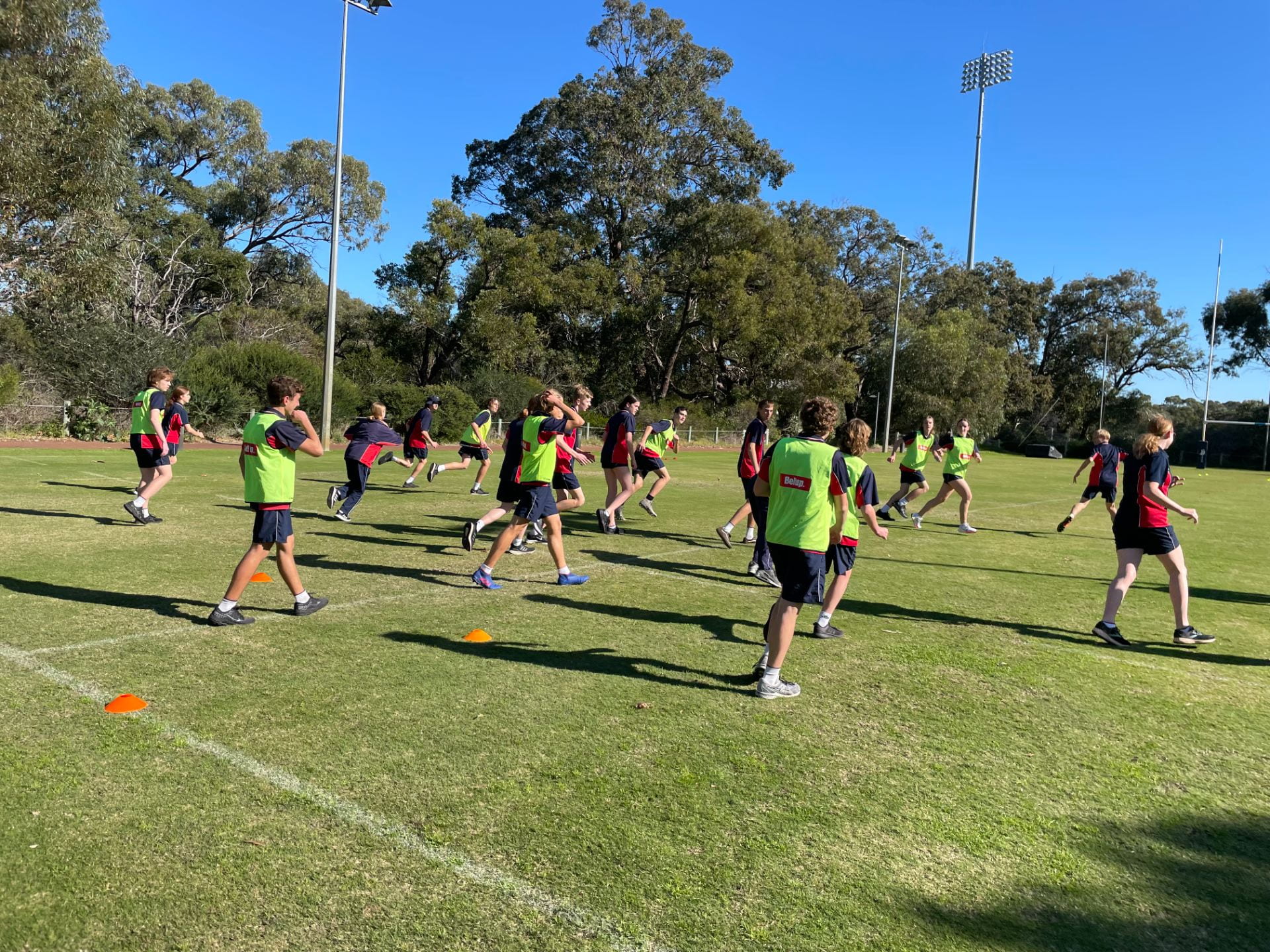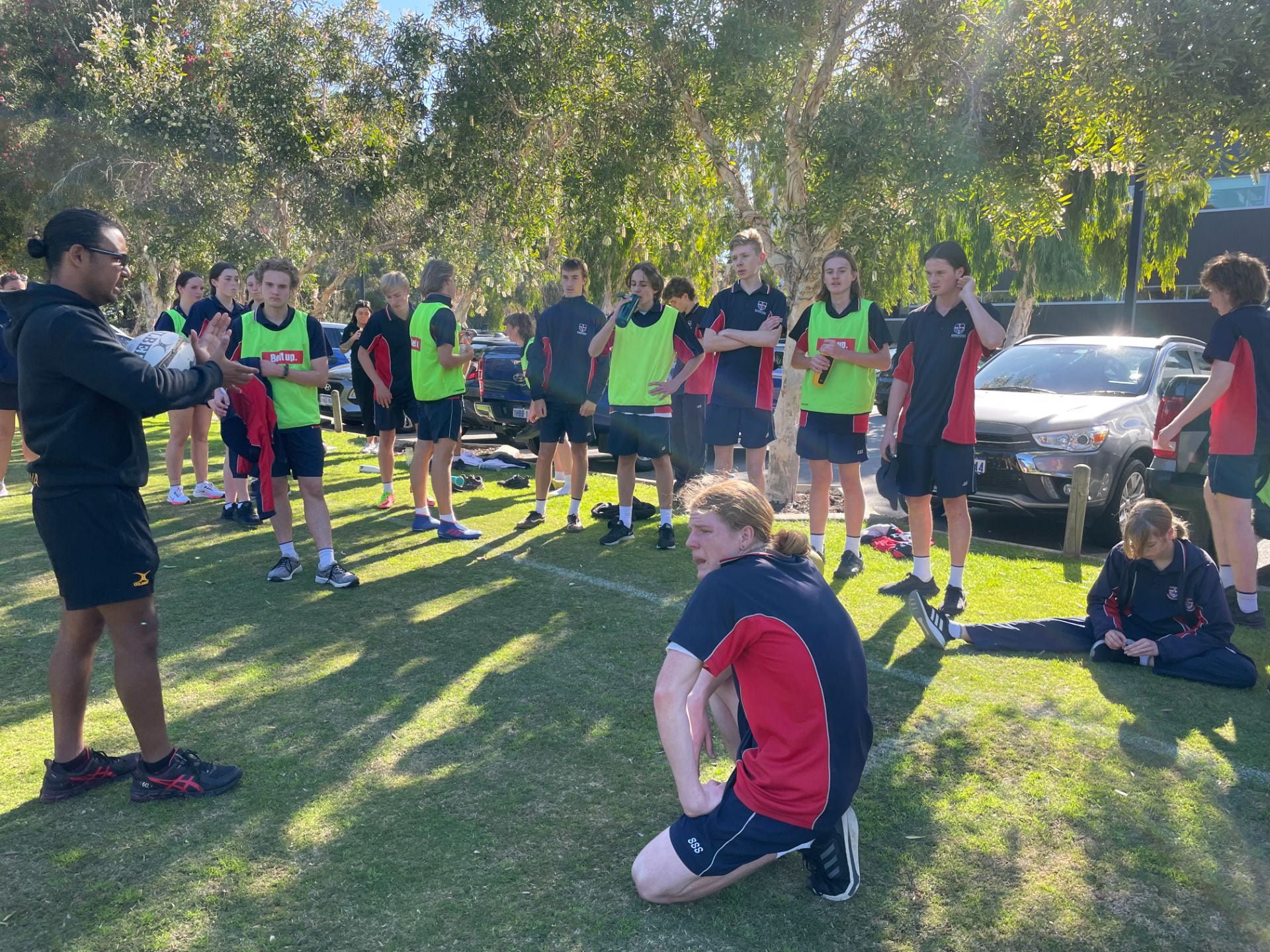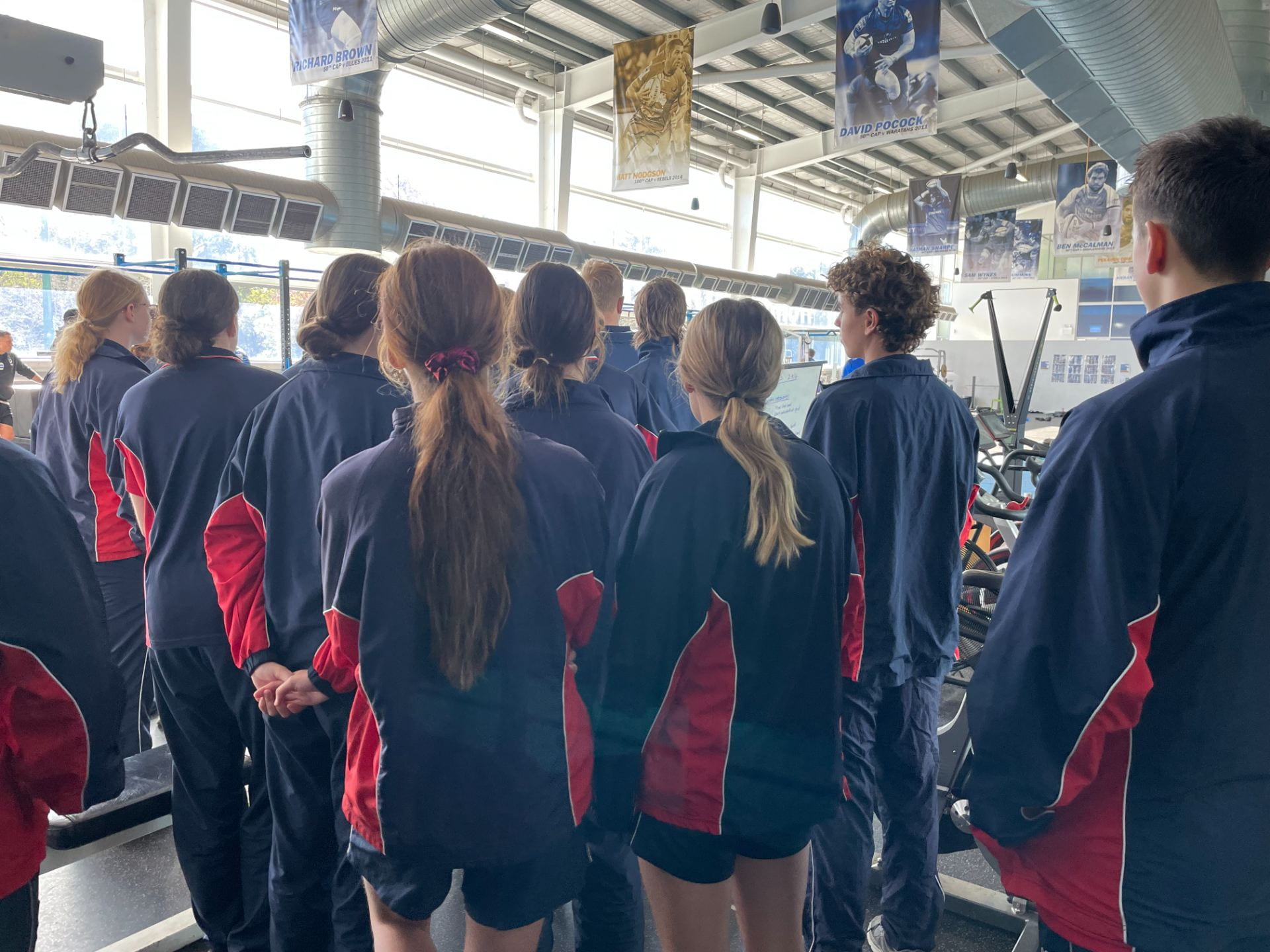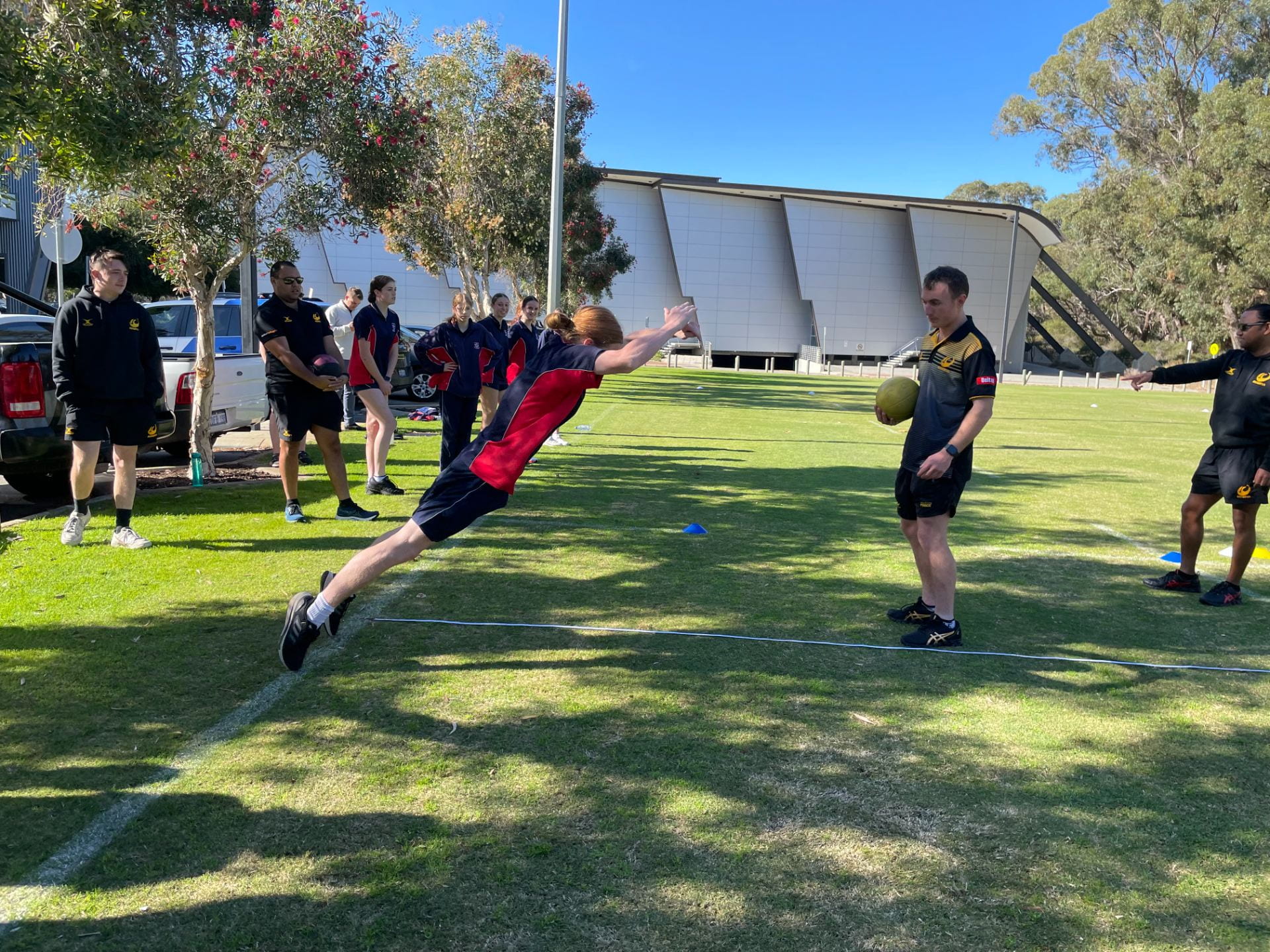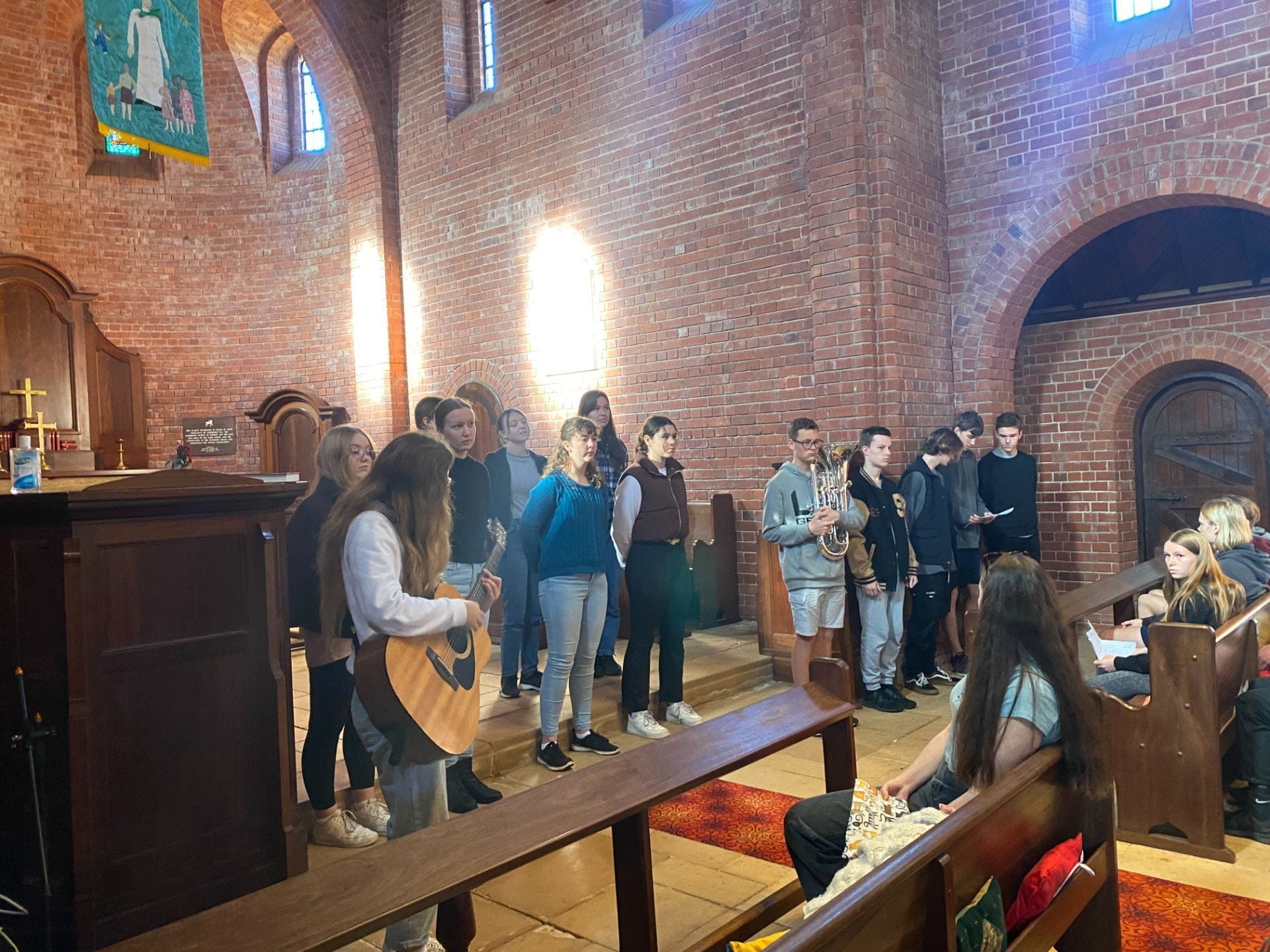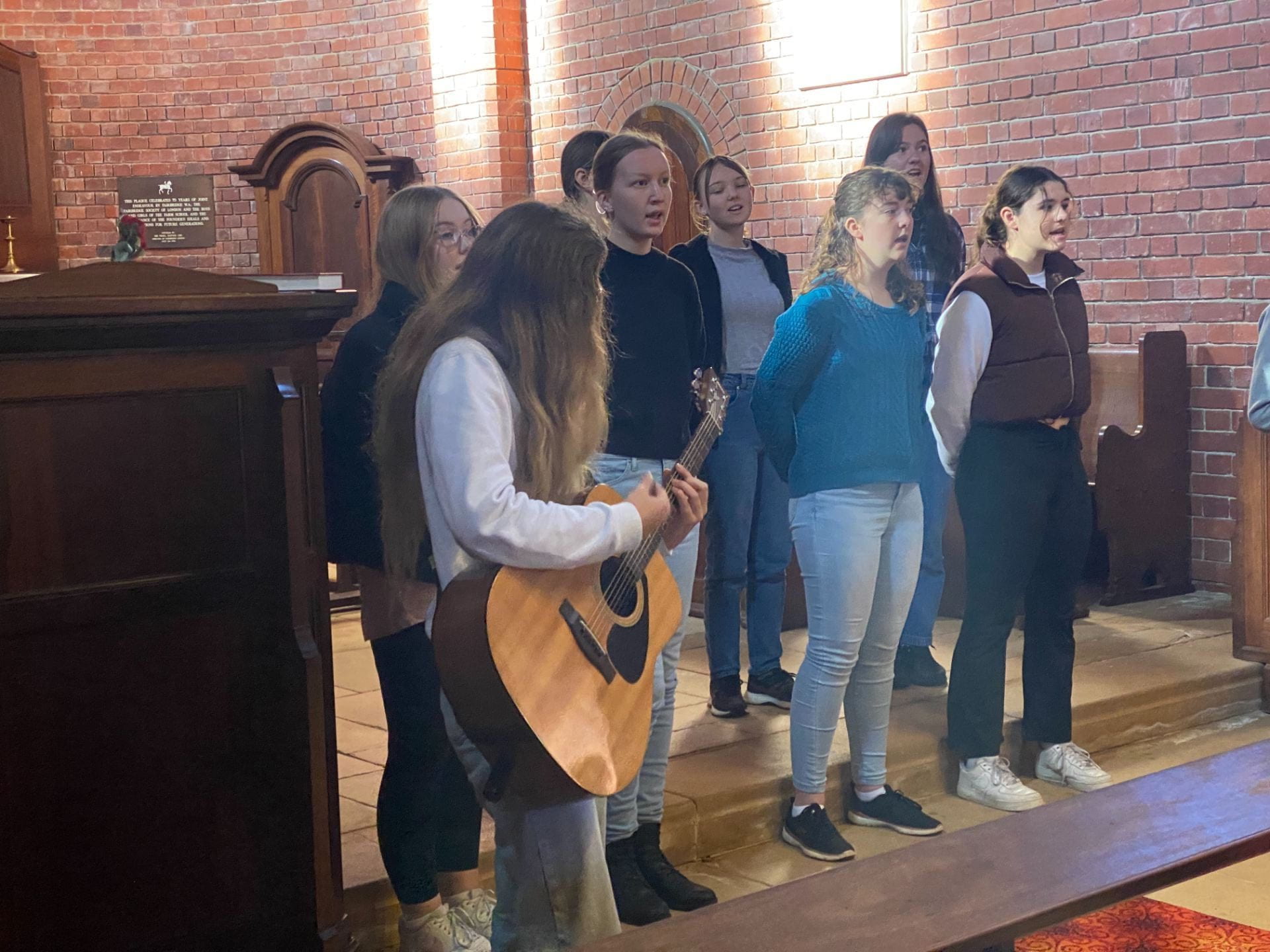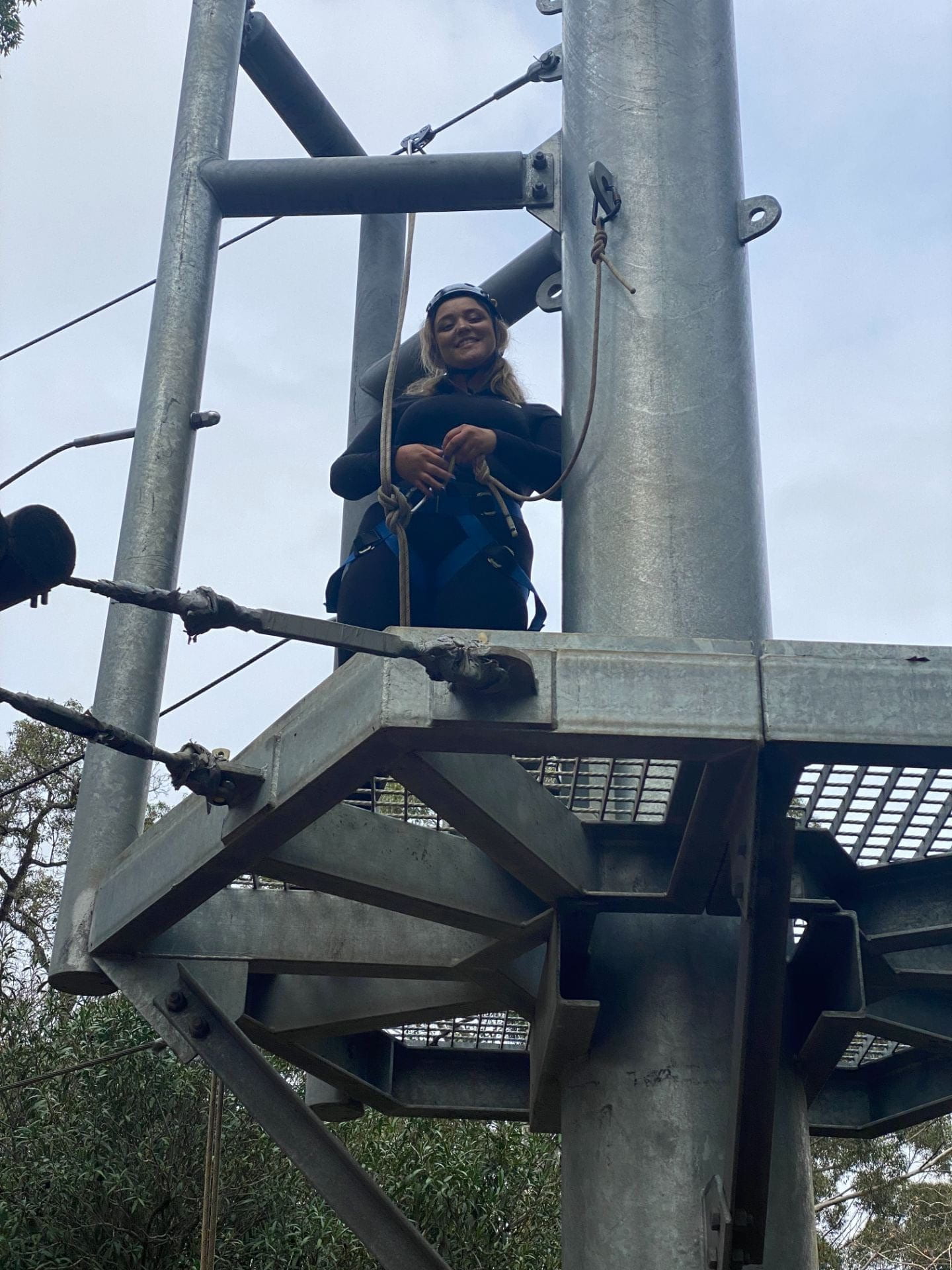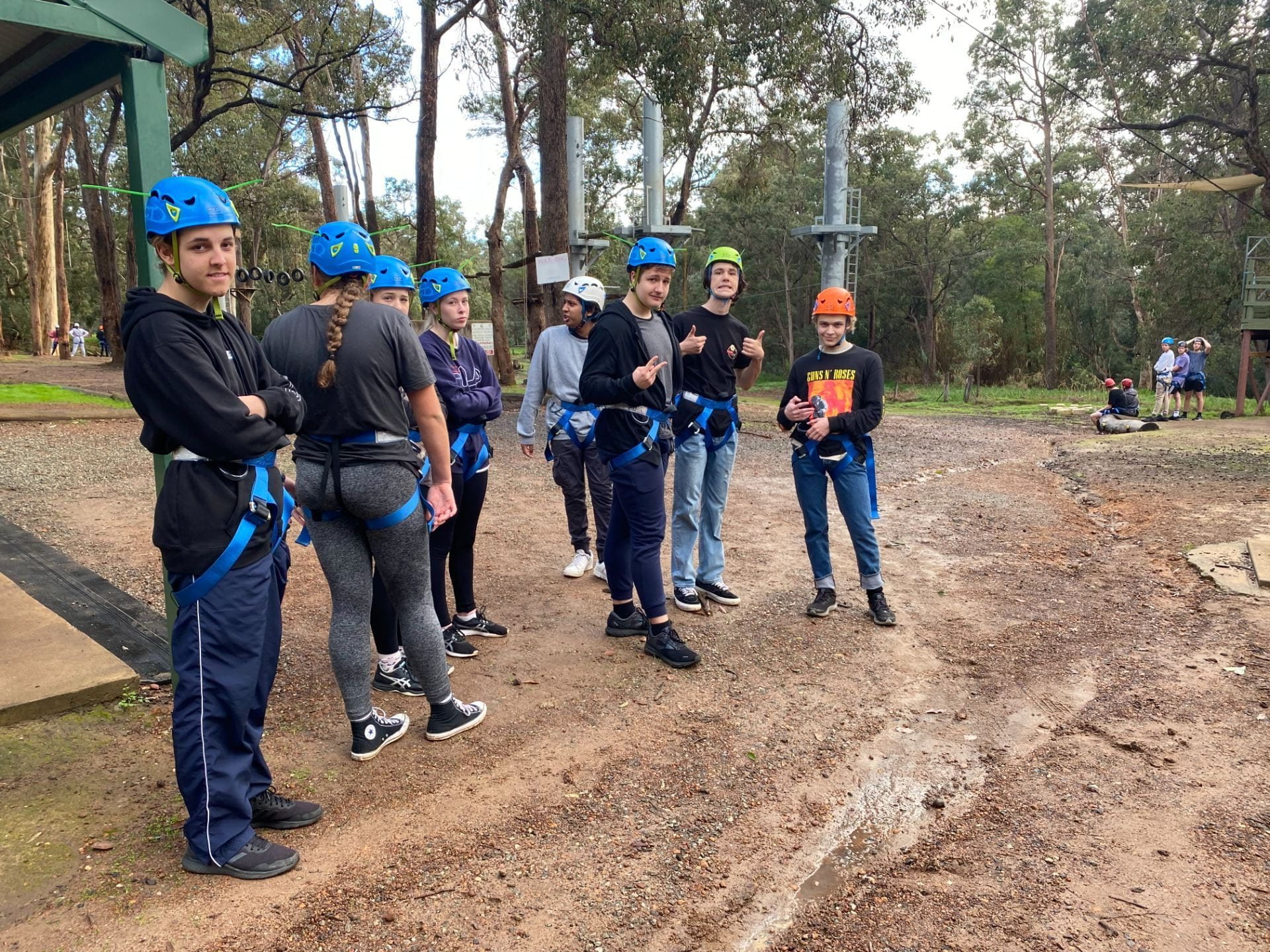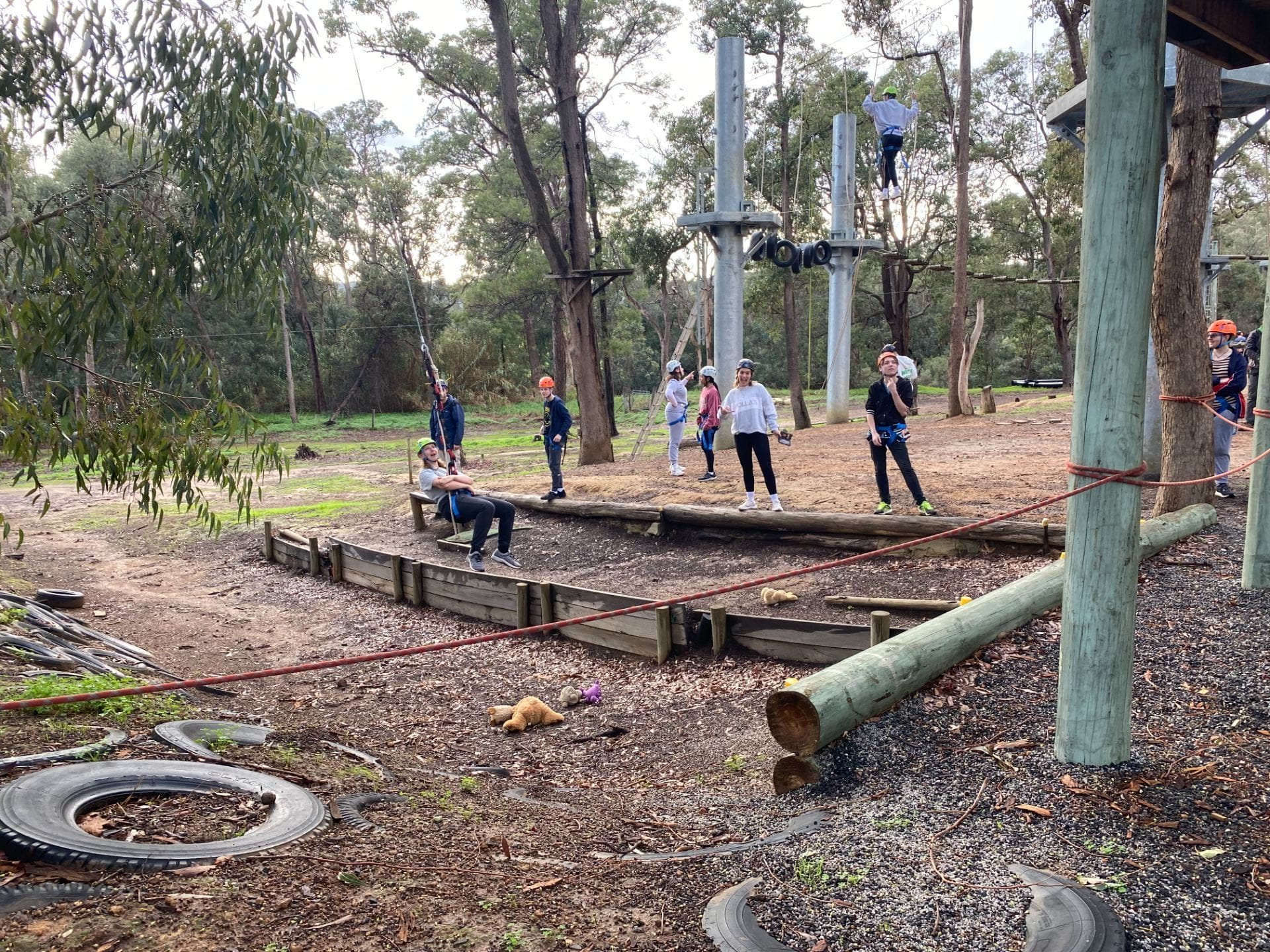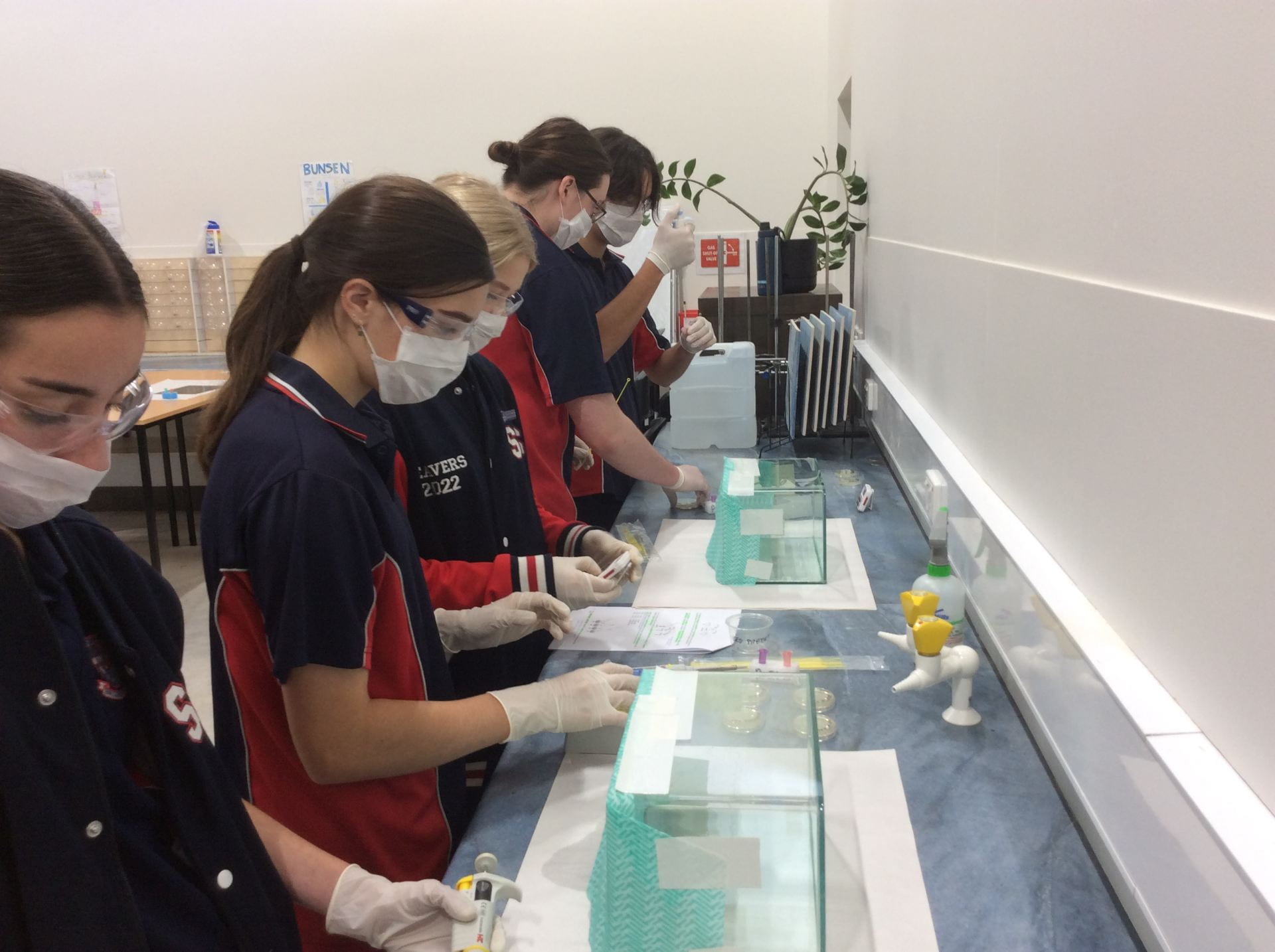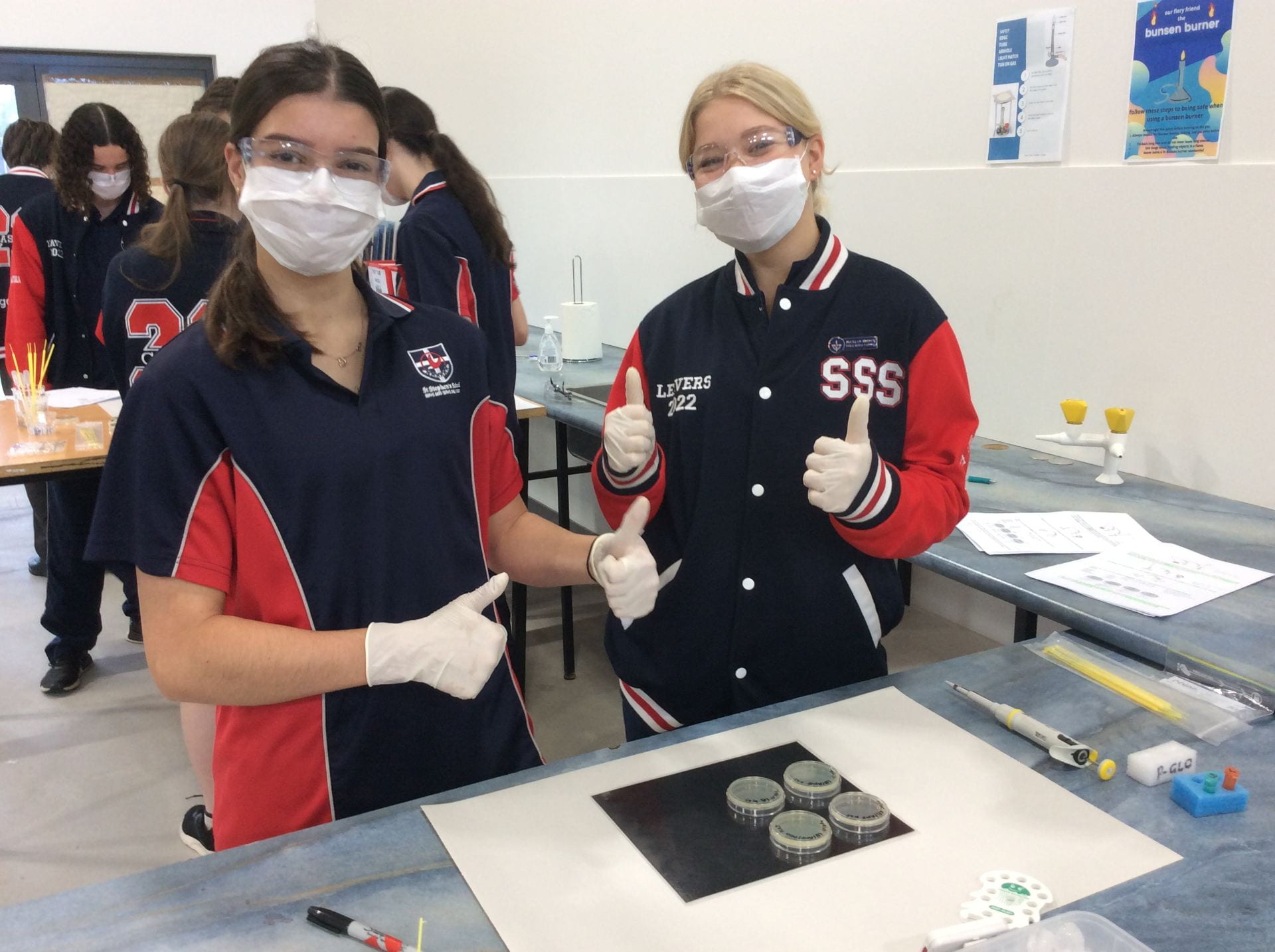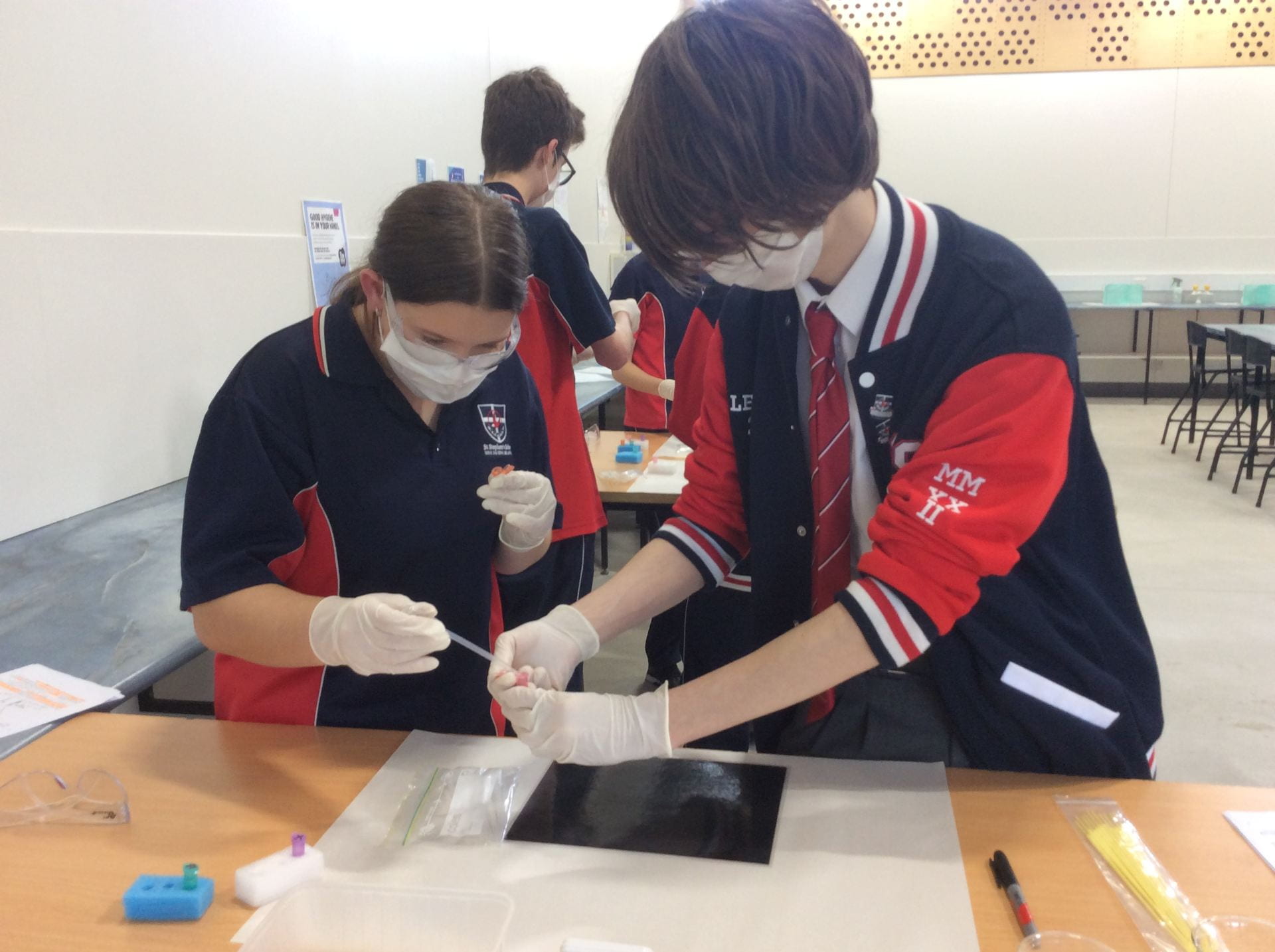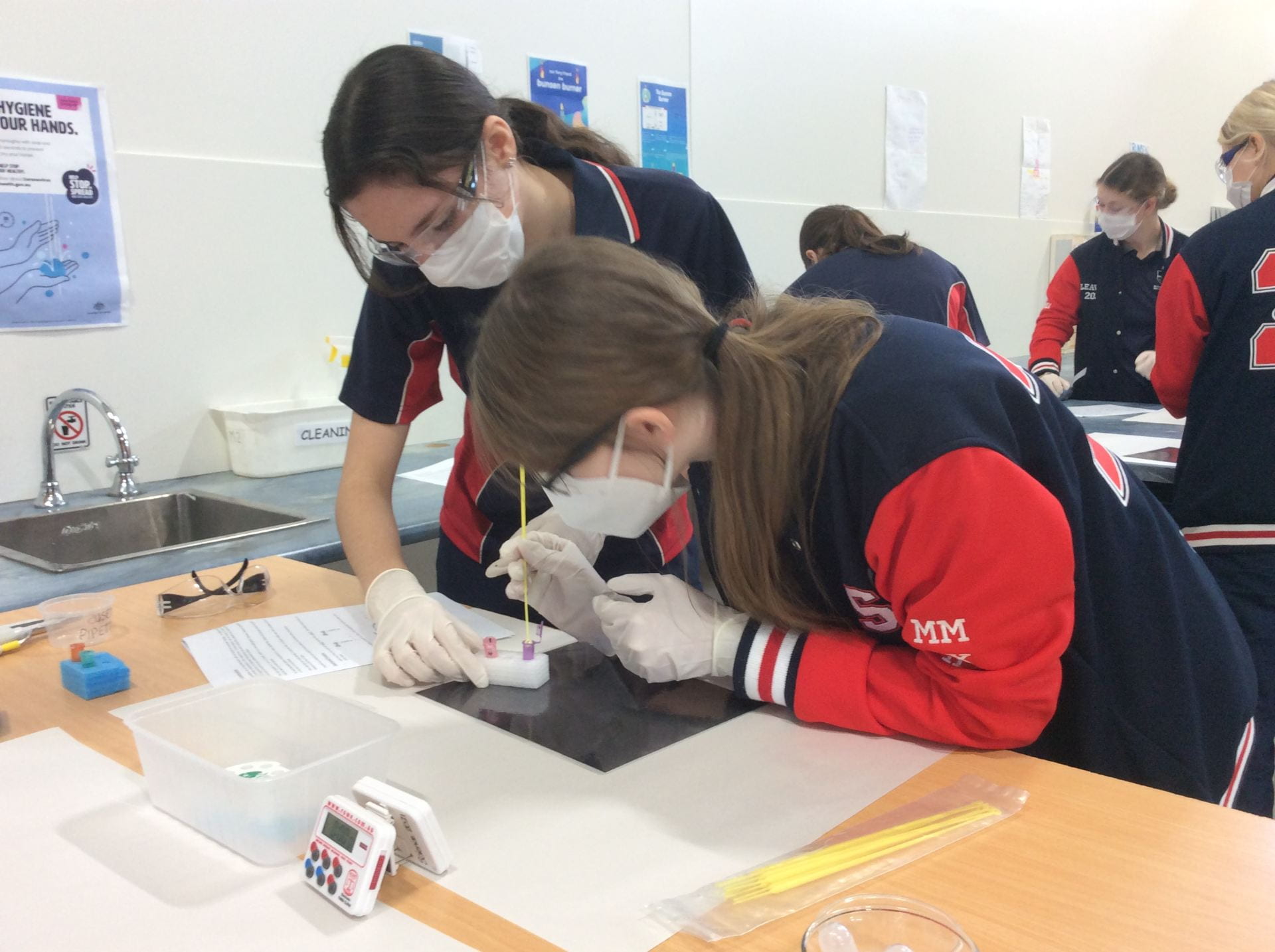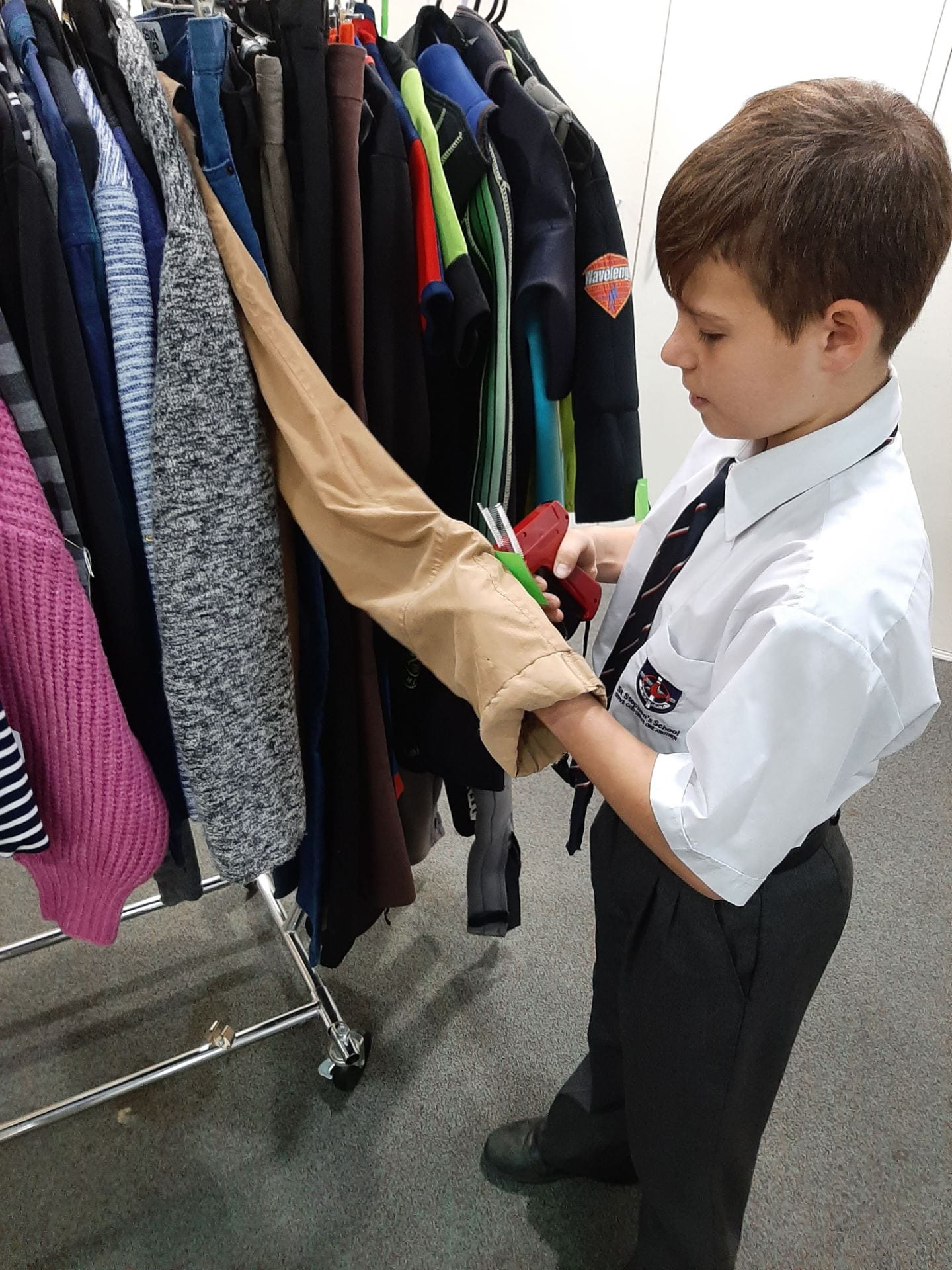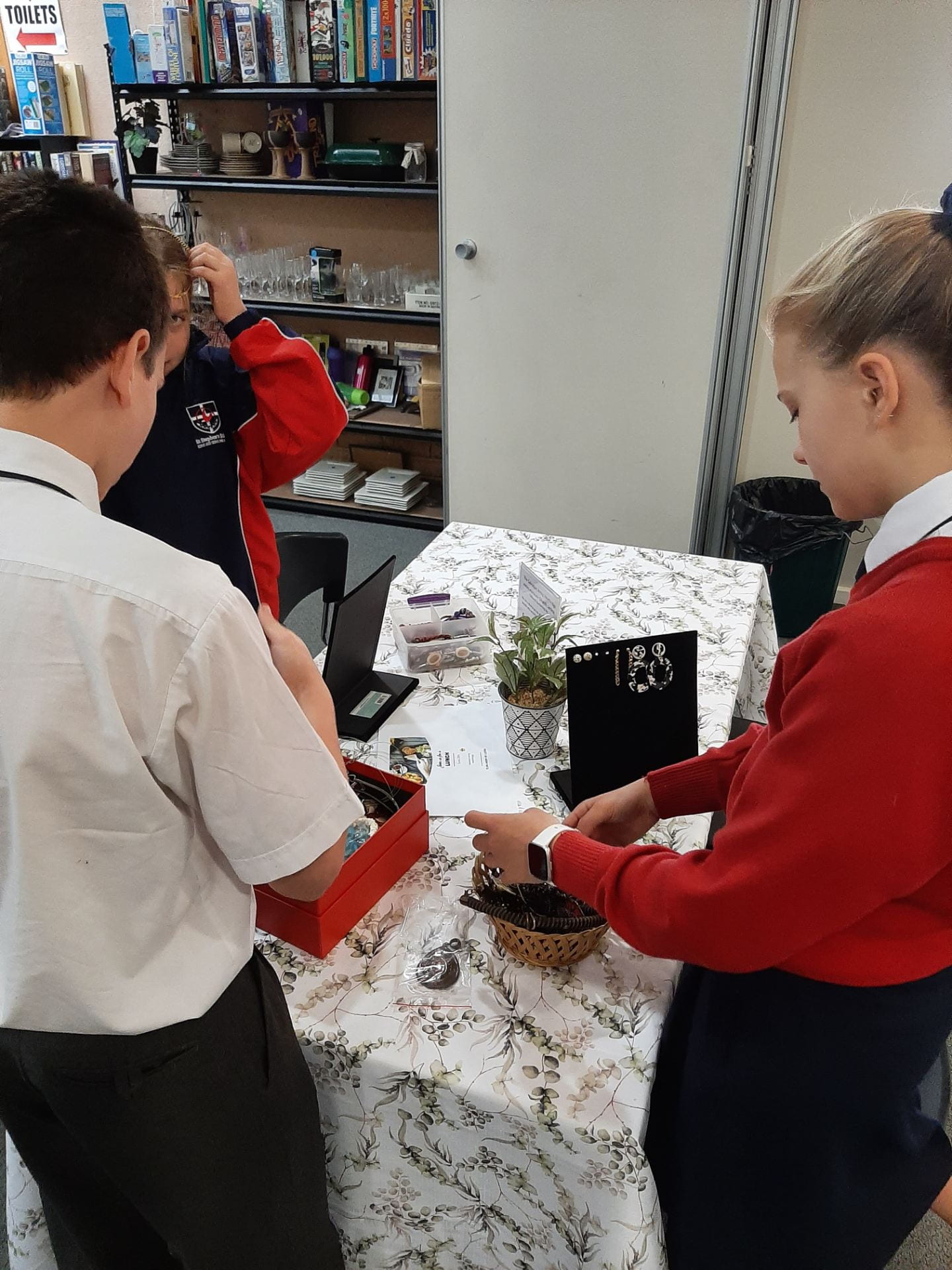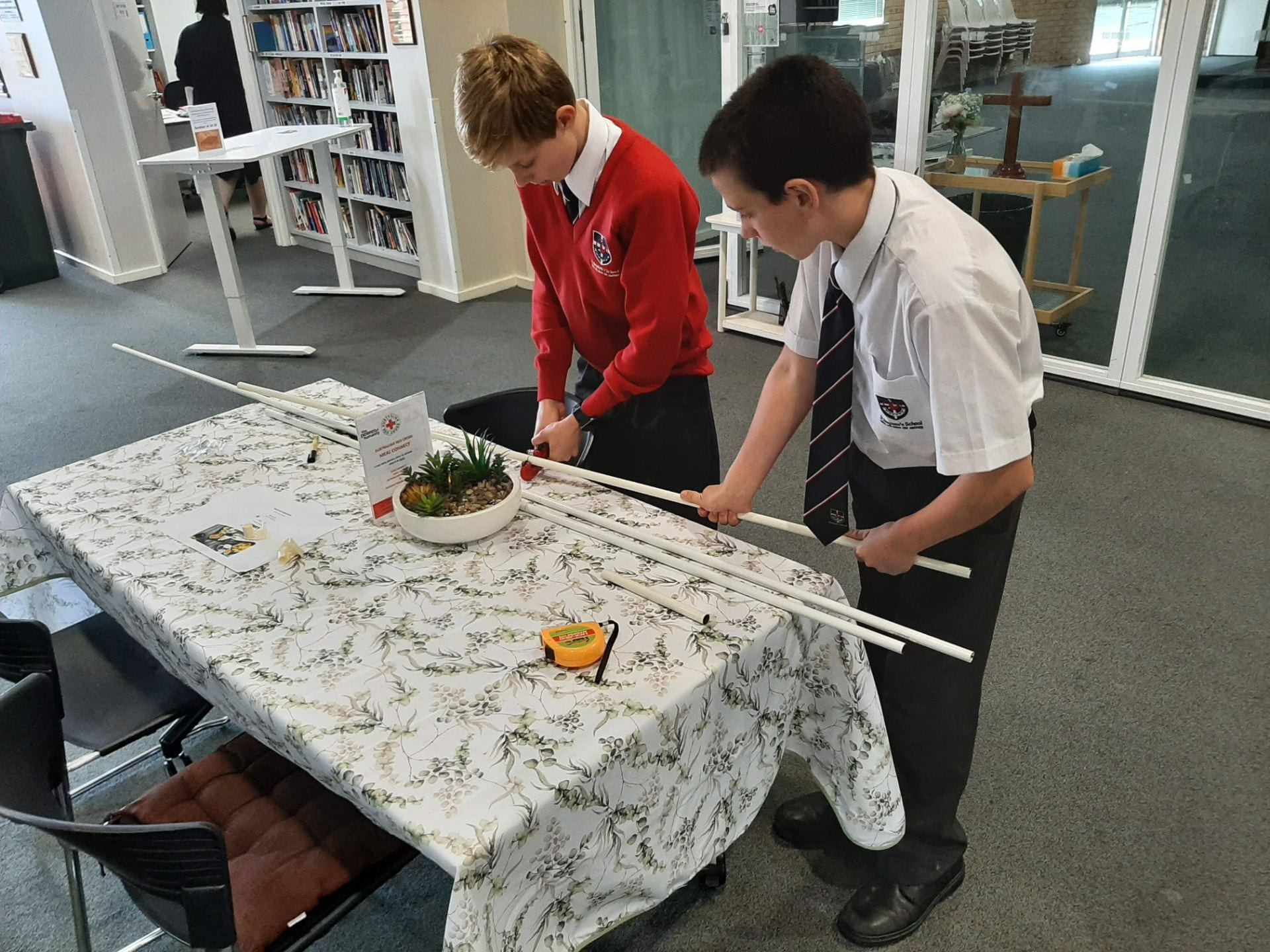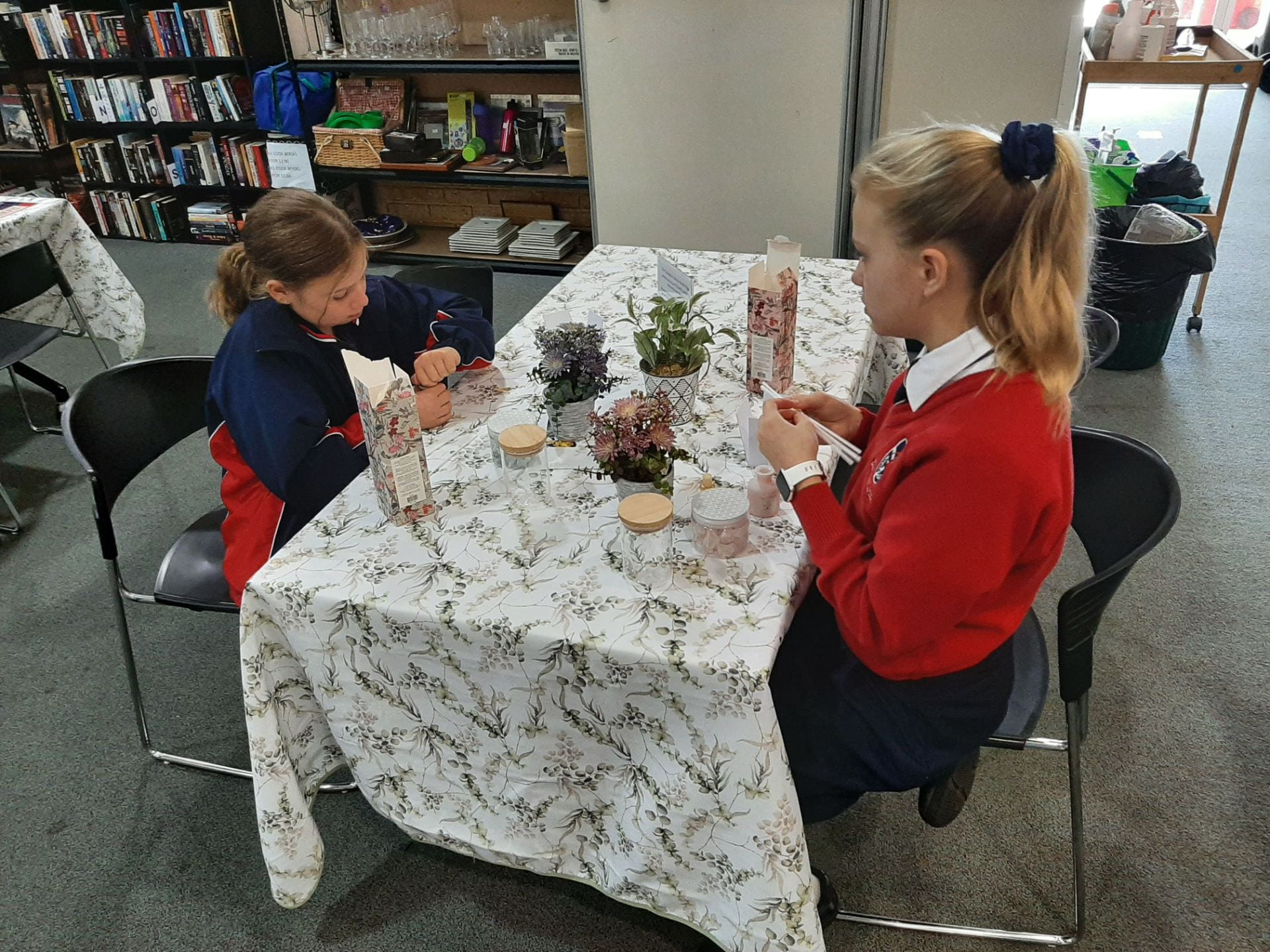 Author: suzannewiles
Author: suzannewiles
Adolescent Mental Health Study
Term 3 Imagineers Club with STEMSmart
Top 10 Tips for Overcoming Procrastination
Procrastination is the act of putting off a task which you know you have to do, even though you know that putting it off will probably be worse for you in the long run. For example, when you procrastinate about starting an assignment it doesn’t make the assignment go away, or the deadline change, it just gives you less time to get the work done. To manage this, try the following:
- Become aware of the excuses you use – make a mental note when you procrastinate. What excuses do you give yourself? Too tired? Too difficult? Too boring? Being aware is the first step in changing your behaviour. Keep yourself honest by asking questions like “is this the best use of my time at the moment?” and “am I doing this as a way of avoiding what I really should be doing?”.
- Reduce or eliminate distractions – creating a clear, uncluttered work environment which is free from distractions will help you avoid procrastinating. Turn off your social media or WiFi, turn off your music or TV, close the door. It’s easy to get distracted and lose focus on what you are trying to do, or to procrastinate by surfing websites that are barely related to the topic you are meant to be researching. You can find out more in the Home Study Environment unit and Dealing with Distractions unit.
- Make a prioritised list – before you start work (or procrastinating) take a few minutes to work out what your priorities for the session are, based on your deadlines. Take into account all the time you have available and make a prioritised list. Work on the most important thing first (see also tip 7 below). There is more information in the Time Management Skills unit on techniques for prioritising.
- Break down projects into chunks – if you have a big task that you have to do, or something that you really don’t want to start, have a think about how it can be broken up into smaller parts. A big assignment might need a plan, the purchase of resources, a trip to the library, internet based research, and then several days to write and edit each section. If you just focus on doing one of these tasks it’s easier to commence.
- Just start – stop focusing on getting it done perfectly, or even well, just make a start, even if it’s just for a few minutes. Starting the task makes you realise it’s not as daunting as you originally thought and allows you to make a small amount of progress which encourages you to keep going. Sometimes once you get started you can even do more than you originally thought you could or would.
- Reward yourself – set yourself a small goal (to do with the task you are procrastinating about) and then reward yourself appropriately when you complete it. For example, write an outline for your essay and then have afternoon tea. You will be more motivated to complete the task to get the reward. Note: for extreme procrastinators you may need to get someone else to check you’ve done the work and to give you the reward! Learn more about this in the Goal Setting unit.
- “Twofer Concept” – when you are working on a difficult or boring task, break it up by having a more interesting or easy task that you work on in the same study block. You get 2 lots of homework done, but when you are losing focus on the difficult one you can switch to the easier one for a bit of a break.
- Create routines – establishing a routine can help you avoid procrastination as you get into the rhythm of working for a set time each day at a set time of the day. Making this routine known to your family and friends also helps keep you accountable and stops them interrupting you during your work time.
- Find a study buddy – perhaps starting that difficult work will be easier if you have someone to work with. This could be a school friend or a sibling. You could share resources and help each other to get started with similar work.
- Schedule in breaks – breaks give you time to think and process information that you have been working on and give you an opportunity to do the things you really enjoy. Plan them as much as you plan your work.
You can learn more about how to optimise your performance as a student in the Overcoming Procrastination unit at www.studyskillshandbook.com.au by logging in with these details:
Username: ststephens
Password: 100success
Sarah Cooke
Careers Advisor
Nationally Consistent Collection of Data on School Students with Disability (NCCD)
Every year, all schools in Australia participate in the Nationally Consistent Collection of Data on School Students with Disability (NCCD). The NCCD process requires schools to identify information already available in the school about supports provided to students with disability. These relate to legislative requirements under the Disability Discrimination Act 1992 and the Disability Standards for Education 2005, in line with the NCCD guidelines (2019).
Information provided about students to the Australian Government for the NCCD includes:
· year of schooling
· category of disability: physical, cognitive, sensory or social/emotional
· level of adjustment provided: support provided within quality differentiated teaching practice, supplementary, substantial or extensive.
This information assists schools to:
· formally recognise the supports and adjustments provided to students with disability in schools
· consider how they can strengthen the support of students with disability in schools
· develop shared practices so that they can review their learning programs in order to improve educational outcomes for students with disability.
The NCCD provides state and federal governments with the information they need to plan more broadly for the support of students with disability.
The NCCD will have no direct impact on your child and your child will not be involved in any testing process. The school will provide data to the Australian Government in such a way that no individual student will be able to be identified – the privacy and confidentiality of all students is ensured. All information is protected by privacy laws that regulate the collection, storage and disclosure of personal information. To find out more about these matters, please refer to the Australian Government’s Privacy Policy(https://www.dese.gov.au/about-us/resources/department-education-skills-and-employment-complete-privacy-policy-0).
Further information about the NCCD can be found on the NCCD Portal (https://www.nccd.edu.au).
If you have any questions about the NCCD, please contact the school.
Year 8 Boys at National Judo Championships
Year 10 Sport Science LIFT WEEK
Year 10 Sport Science students from Duncraig Campus had a day at the Rugby WA performance Centre in Floreat as part of their LIFT week
They were treated to expertise lectures and practical session by the Western Force Coaching Staff & players on:
Life as Professional Athlete
Video Analysis of Performance
Fitness Testing
Touch Skill Session
Matt Richmond
Head of Learning Area – Health & Physical
Year 11 Camp
The goal of the Year 11 camp is to give students the opportunity to experience a range of activities that challenged their way of thinking about themselves, our school, our community, our faith and the world around us.
Each year this camp has been the catalyst of some form of change in a majority of students’ lives. Some changes might be subtle. Minor tweaks and adjustments of a student’s perspective or attitude towards themselves and others.
Glowing Results
Year 7 Service Learning Excursion
These wonderful Year 7 students participated in a Service Learning experience at the Heathridge Salvation Army Op Shop today.
They were busy helping the staff sort clothes, build displays, spruce up the consultation rooms with decorations, serve food and drinks to those in need and even join in a community dance session!
They did an outstanding job and we are very proud of them all.
Bailey de Chalain
Toby Passamani
Matilda Raymond
Emily Spinks
Monty Weston
Jesse Whyte
Ben Nicholson
Teacher Science


